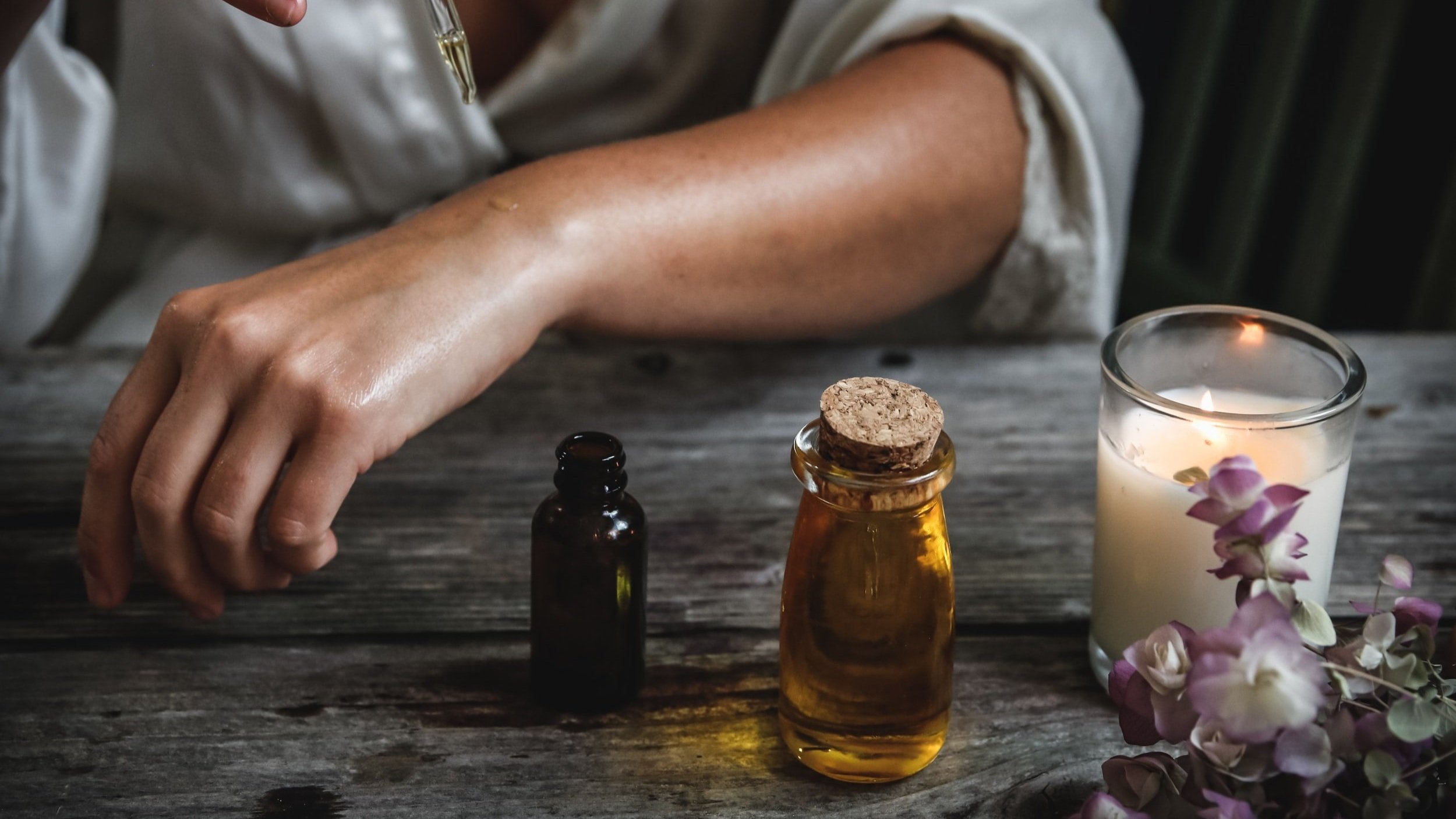
What to Know About Clinical Aromatherapy
By Alisa Nagashima – June 23, 2022
What do you know about essential oils? Perhaps you have read about their supposed benefits in relieving anxiety or easing muscle aches somewhere on the internet. Recently, the traditional practice of aromatherapy has been gaining popularity in the media and is receiving more recognition in the field of medicine. As a form of alternative medicine, the use of essential oils is simply a complement to conventional medicine treatment and cannot replace it. While some research studies have found therapeutic benefits to using essential oils, further research is required as most results are still mixed and inconclusive. Nevertheless, if safely administered, it may be worth giving essential oils a try.
First, let's talk about where these essential oils come from and how they actually affect your body in a physiologic sense. Essential oils are simply highly concentrated substances extracted from various parts of plants including seeds, leaves, petals, resins, etc. They can be obtained through relatively common extraction methods including steam distillation and cold-pressing. As complex, aromatic liquids, they are mainly composed of terpenes among a unique combination of other compounds like aldehydes, phenols, ketones, and esters, each of which give an essential oil its characteristic essence.
Depending on the method of administration of these essential oils, the pathway of activation will slightly vary. For instance, when essential oils are inhaled, the odor molecules travel up the nose until they are eventually trapped by olfactory membranes lining the nasal cavity. Upon stimulation, this lining of nerve cells sends electrical impulses over to the olfactory bulb in the brain, which is actually directly connected to the limbic system. The different structures within the limbic system control a wide variety of aspects from our breathing and blood pressure to our emotions and hormone balance. Depending on the compound of the essential oil inhaled, the odor molecules are processed by the brain, leading to the release of certain neurochemicals that can be relaxing, stimulating, or sedative. As a result, essential oils can have profound physiological and psychological effects.
There are dozens of essential oils to choose from, each offering a different fragrance and chemical composition. Let's take a quick look at a few of the most popular essential oils.
Lavender oil is most commonly used to improve the quality of sleep due to its main composition of linalool and linalyl acetate, two chemical compounds known for their sedative effects. In addition to helping calm the nervous system, lavender oil has also been found to help treat abrasions and burns.
Peppermint oil is well documented for its ability to ease tension headaches, especially when applied topically around the temples. Its antispasmodic properties have also been known to help reduce pain from irritable bowel syndrome and the menstrual cycle.
Tea tree oil is mainly composed of terpinen-4-ol, an alcohol terpene found to have strong antibacterial and antiviral properties, increasing the activity of your white blood cells. It is most commonly used to help treat acne, insect bites, and cold sores.
As for the actual application of these essential oils, there are several different ways to use them. They can be applied directly to the skin, inhaled, or even taken internally—although this form is very rare. Each method has its own precautions that must be taken into consideration. In general, essential oils are pretty safe with minimum adverse effects. However, due to their varying levels of toxicity, they should always be used with the proper instructions as provided on the labels.
As a cost-efficient symptom manager, essential oils have risen in popularity over the last decade. However, despite their widespread use, like many other practices in alternative medicine, there is still more research that can be done in order to assess their effectiveness in human health. Nevertheless, given what we do know about the therapeutic benefits of aromatherapy, you may find the addition of a lavender oil diffuser or a peppermint balm to your room rewarding after a long day of work.
